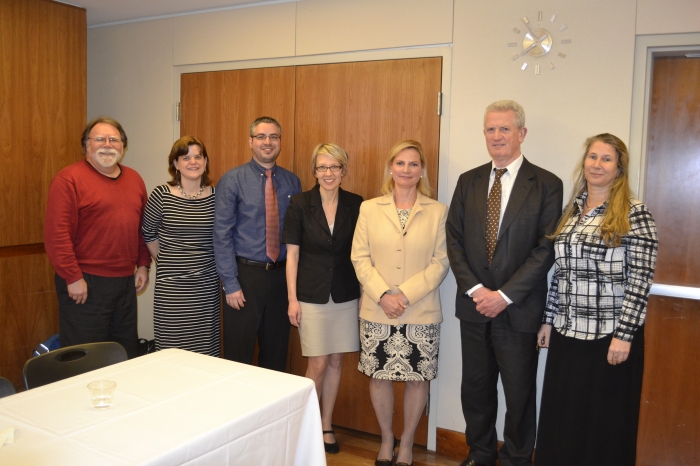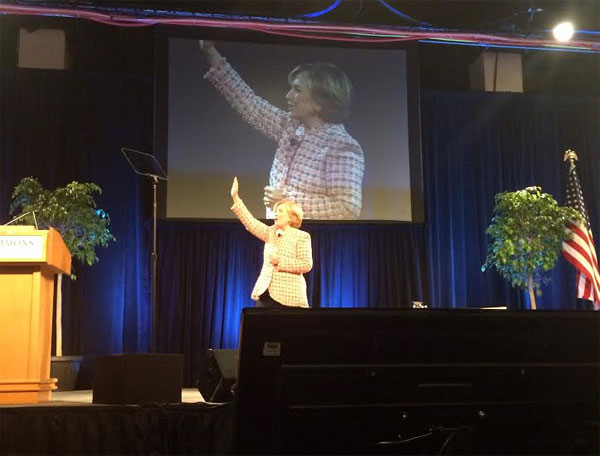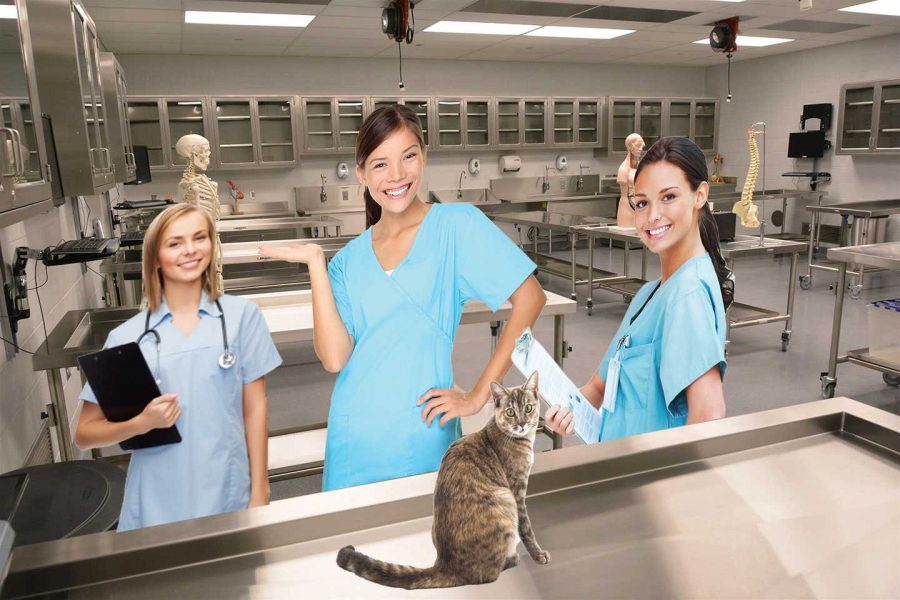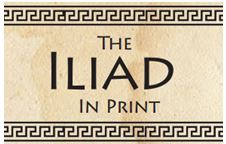By Sarah Kinney
Staff Writer
On March 31, representatives from all five Simmons colleges discussed the “Right to Know” as a part of Simmons Palooza.
The speakers agreed that access to government and scientific information and readily available and fair media are critical for an active civil society.
Laura Saunders said that even though there is the Freedom of Information Act (FOIA) and the First Amendment, more could be done to increase access to information.
There are still a number of banned books and unfilled FOIA requests.
Keynote speakers Paul Sturges and Almuth Gastings discussed how more needs to be done to realize literacy as a universal human right.
“Is access an end in itself?” asked Saunders. She also thinks that people need to know how to use the tools to access the information available.
UNESCO, the U.S., and many other countries recognize the right to speech and publish.
However, policy needs to meet human capacities so that they can have the competencies to participate in such activities.
One way of doing so is to increase literacy.
There is professional bias because journalists are often generalists and not specialists on what they write about.
There is structural bias because “official” sources do not leave room for opposing arguments. News also looks the same from different sources and international news is lost.
Overall, how news is framed sets the agenda for what topics are discussed.
Joel Blanco-Rivera spoke on the importance in archives. Government archives are a means for accountability.
Access to these documents are critical for citizens to make informed decisions.
The National Security Archive (not affiliated with the government) has been using the FOIA requests to build an archive of US foreign policy so that they can remain in the public domain.
Archivists are now working to preserve electronic messages from the White House.
Gary Bailey talked about right to know from a different perspective.
As a social worker, he is privy to confidential information, which needs to be protected.
He talked about Mary Richmond’s “The Case Method,” which detailed how to practice over the phone and how that could be extrapolated to deal with today’s technologies.
He also presented the issues of big data, using patient information and the continuous tensions between the two.
At the event, several research posters were on display discussing issues such as the barriers to students to access peer-reviewed information, conflict-of-interest
Sturges said that literacy is a priority of 21st century librarianship.
As a nurse, one of the challenges Rebecca Koenigher-Donohue faces is patients who can’t read and/or understand clinical instructions.
She said literacy is a better indication of health than age, race, or ethnicity.
Often clinicians don’t realize their patients can’t understand them.
Koenigher-Donohue shared a video that shared patients’ stories, including one patient who didn’t understand she was signing a waiver for a hysterectomy until a nurse asked her how the surgery went.
Another way to increase access to information is by improving how systems distribute information.
Currently, systems are not designed for maximum usability but are highly structured.
By taking a neuroscience approach, Sturges hopes the system can increase access. By understanding the brain, they can better understand how to organize and share information.
He explained how currently information systems cater to the left brain, but the right side, which is responsible for quick and intuitive decision making, is left out.
Library scientists need to value both sides, Sturges said.
Another problem with accessing information is recycling inaccurate information.
Saunders mentioned cases, such as the “study” connecting vaccines to autism, which has been debunked but still continues to be cited as fact, and research on how raising the federal minimum wage would be detrimental funded by restaurant owners, as times where inaccurate information is perceived as fact.
Informed skepticism needs to be encouraged, said Saunders. The role of the library should be to raise awareness of information rights, raise questions on who creates and controls information, and question their own agendas.
John Lowe said that a commonly cited attribute of leadership is information seeking. Information seekers have the observable behavior of asking questions, investigating, and conduting research.
Catherine Paden said that because private media ownership is for-profit and competing for viewers and advertisers, there are lacks in news information.
There is ideological bias amoung news sources because people tend to consume stories with a viewpoint they already agree with.


















